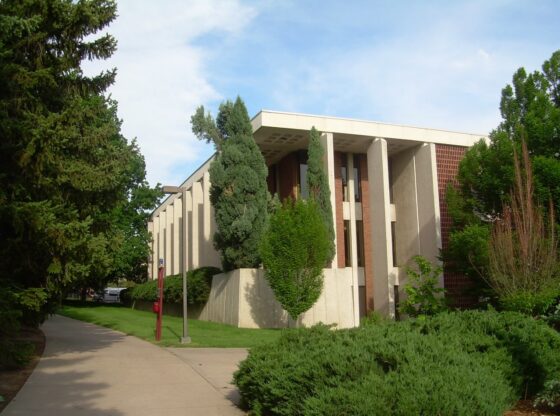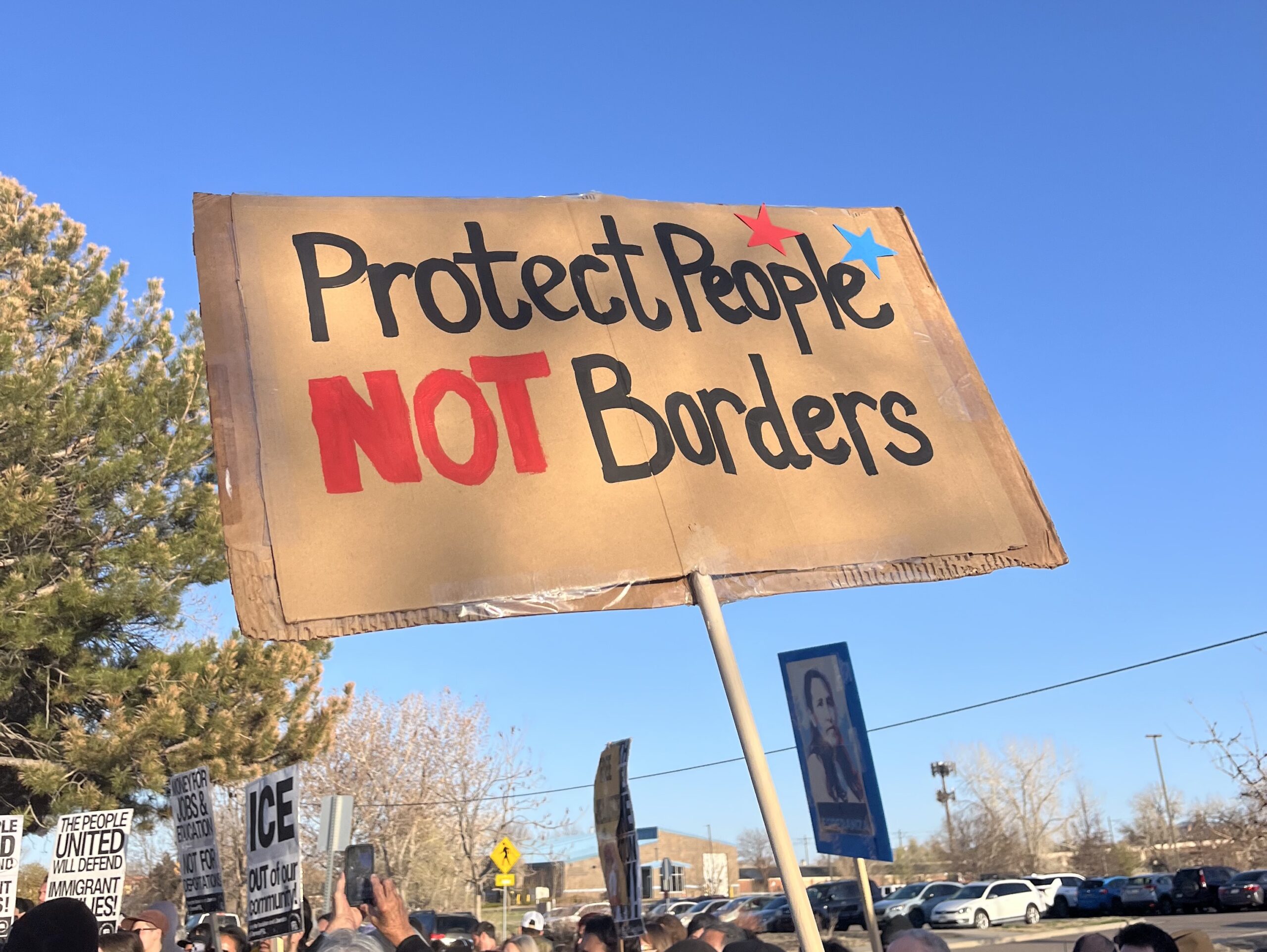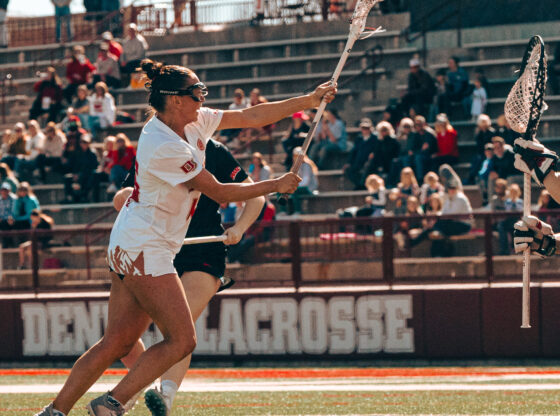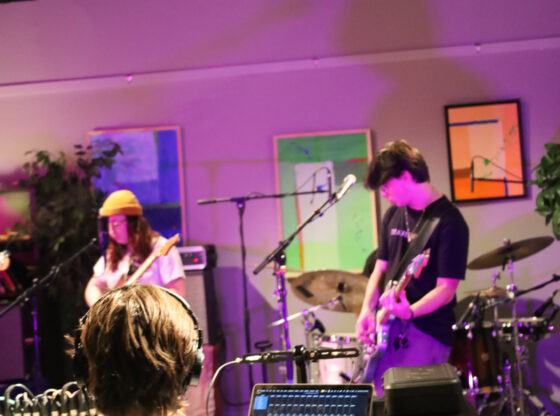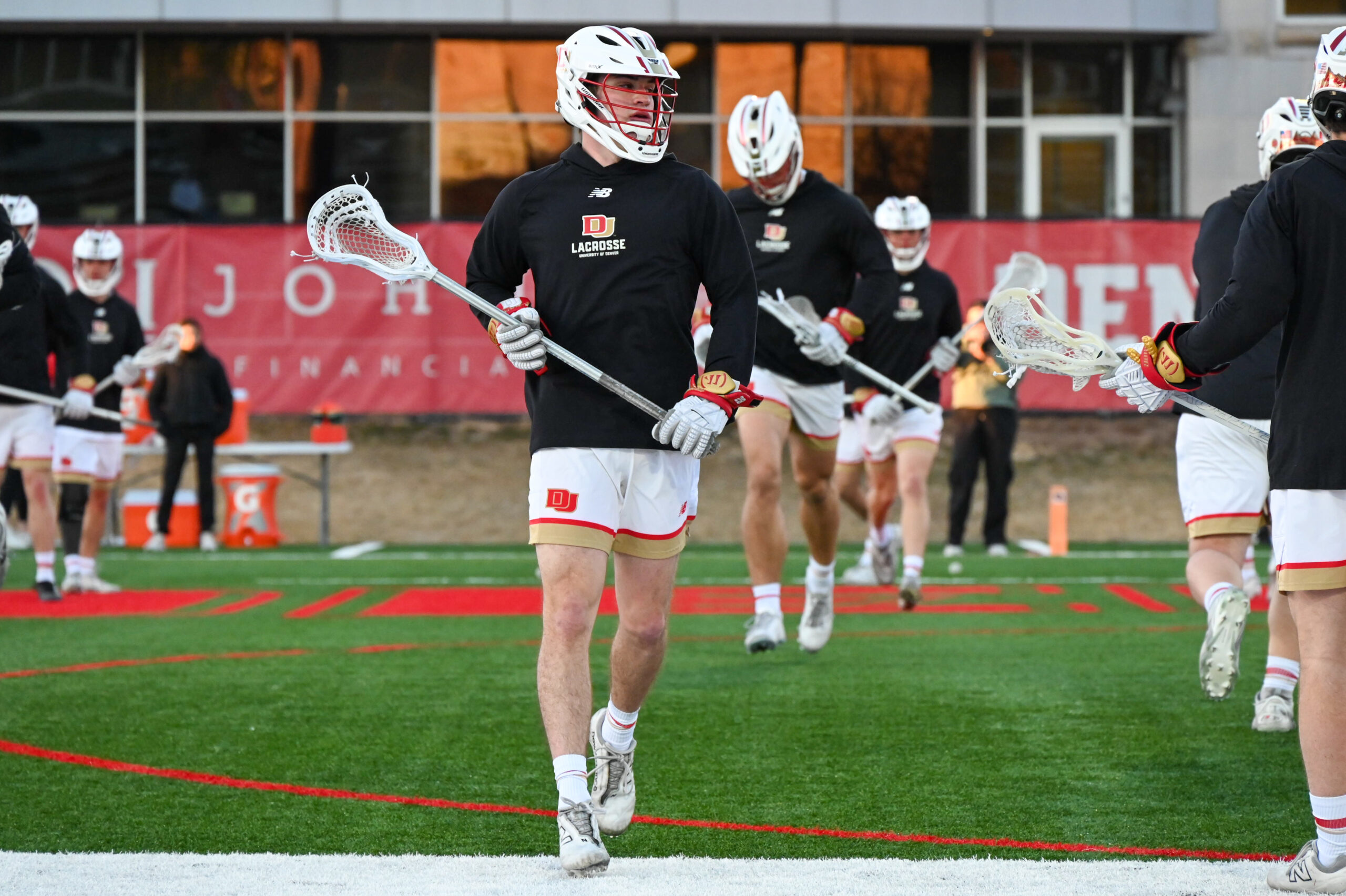 Photo by: BBC News Web site
Photo by: BBC News Web site
Part one in a two-part series concerning academic freedom on campus.
A recent proposal by Gov. Bill Owens called the “Academic Bill Of Rights” has created a storm of controversy on college campuses across the state of Colorado.
The stated goal of the Academic Bill of Rights is to create “pluralism and diversity” of thought on college campuses in regard to political ideology. The original creator of the bill, David Horowitz, cites the disproportionate amount of liberals to conservatives in the world of academia, and believes that students will be cheated out of a good education if they are not able to be schooled in both types of ideology.
Up front, this bill looks like a great idea. Who, for instance, could be against the second point of the bill, which states that no teachers will be hired, fired, or gain tenure “on the basis of his or her political or religious beliefs?”
Other points of the bill seem equally reasonable, such as the idea that students should be graded on a basis of merit only, and not political beliefs. Such ideas seem simple and straightforward, and with only good intent in mind, but there is a deeper level to this bill where problems begin to arise.
The problems begin with the points that mandate a diversity of views be taught. The first and most blatant problem with this is enforceability. The bill does not specify ways to hold universities accountable for creating diversity. Will universities be forced to give political opinion polls to their staff to ensure diversity? Probably not. But how does the state intend to mandate diversity in schools, and for that matter, what type of diversity of beliefs are included under this bill?
Should a creationist be given equal merit along with an evolutionist for hiring in a biology department, should alchemists be represented in every chemistry department, or should a truly diverse school have at least one professor teaching students leech-craft in a bio-med class? Should the state decide what types of diversity of thought are allowable under this bill? If they should, that is a very scary prospect.
We only need look to our recent history in Colorado to see examples where the state government tried to enforce its beliefs on colleges. In 1924, the Ku Klux Klan used the all-too-willing Republican Party to get its members elected. Once in office, the KKK members attempted to rid college campuses of Catholics and Jews.
When the University of Colorado President George Norlin rebuffed the then Colorado Gov. Clarence Morley’s request that he dismiss Catholic and Jewish professors, the state withheld all funding above the minimum amount required by Colorado’s constitution. While the current proposal would not be so blatantly controlling, it would give the state a power which is best left in the hands of professional educators.
On the issue of professors, many have mixed views on this bill. A professor in the political science department that considers himself conservative says that he is waiting to see the final draft of the bill. While he says there is a “huge imbalance” as far as political representation in most colleges, he notes that most professors give a very concerted effort toward showing both sides already.
He says he has personally never experienced any discrimination from his collegues due to his political orientation, but does have friends who have.
Next week, a DU professor voices his view on the bill, and comments on the bill’s creator, David Horowitz.



